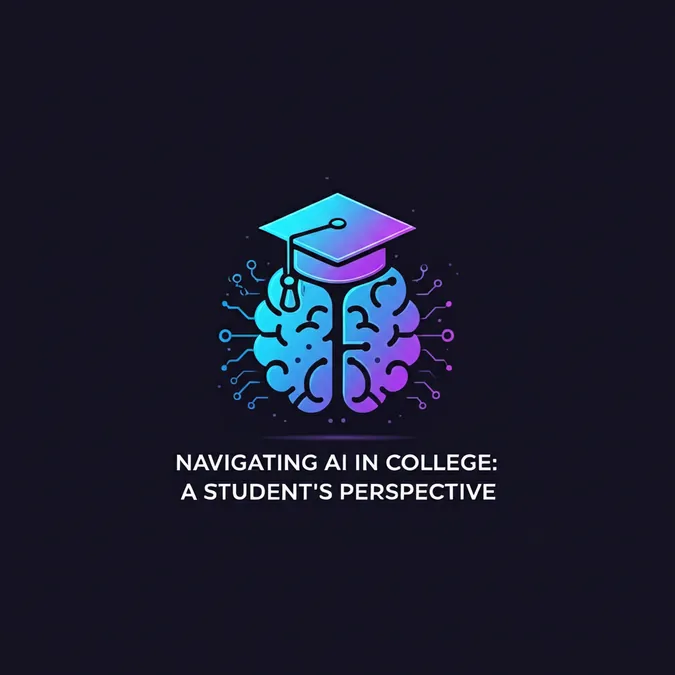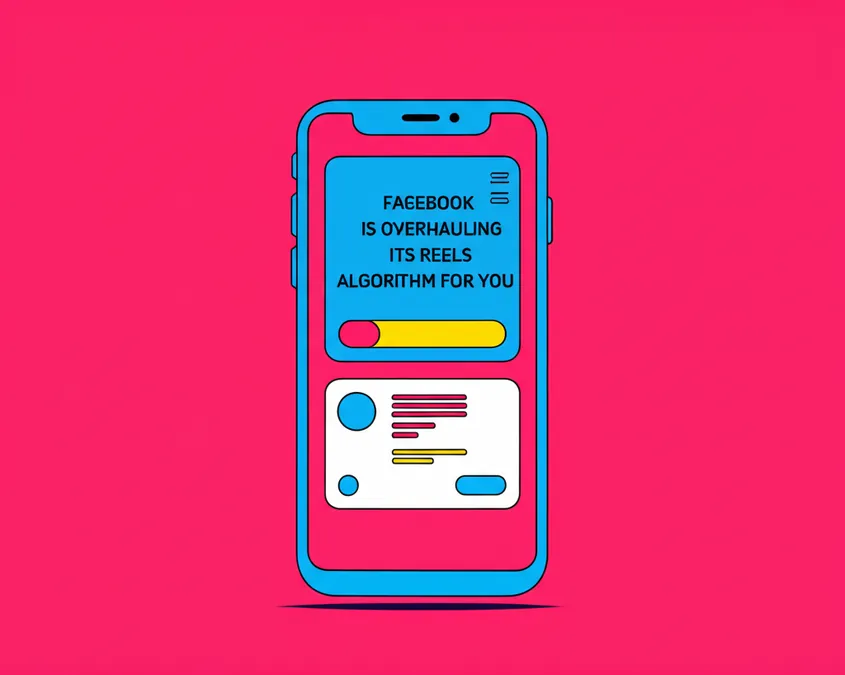Taylor Swifts Latest Promo Sparks AI Controversy Among Fans
Taylor Swift's fans, affectionately known as Swifties, are renowned for their detective skills, meticulously decoding every video and social media post for hidden clues about her music. But a recent promotional campaign has them hunting for a different kind of answer: was artificial intelligence used to create the videos?
The Scavenger Hunt That Sparked Debate
The controversy began with the rollout for Swift's 12th album, “The Life of a Showgirl.” A promotional scavenger hunt created in partnership with Google sent fans searching for 12 orange doors across 12 different cities. Each door featured a QR code that unlocked a short video clue. When pieced together, these clues formed a phrase that led fans to the lyric video for the album's opening track, “The Fate of Ophelia.”
Telltale Signs of AI Generation
As Swifties began to decipher the video clues, some pointed out unsettling details that didn't seem quite right. They noticed distorted text, muddled backgrounds, and objects that would unnaturally morph, disappear, or defy the laws of physics as the camera moved. This speculation quickly coalesced online under the hashtag #SwiftiesAgainstAI, with many accusing the campaign of using generative AI to create the clips.
While Swift herself hasn't personally promoted the orange door campaign, the videos were briefly uploaded as Shorts to her official YouTube account before being made unavailable. Her new music video for “The Fate of Ophelia” and the other lyric videos for the album do not appear to use AI and remain on her channel. Representatives for Swift and Google have not yet commented on the matter.
A Controversial Choice for an Artist's Rights Advocate
The potential use of AI is particularly jarring for fans, given that Swift has been a victim of malicious AI deepfakes and a staunch advocate for artists' rights to own their work. Many fans expressed their disappointment, noting that AI systems are often trained on vast datasets of copyrighted work without permission or compensation.
This stands in stark contrast to the meticulous, human-centric artistry Swift is known for. Some fans noted that she appeared to use hand-painted props on the set of her new music video, a detail that underscores her typical hands-on approach.
In a TikTok video on the subject, self-described fan Rachel Lord said, “When so much effort has been put into the rest of the album rollout … I think it is very, very lazy and disappointing to use generative AI to create videos a human being very much could have done.”
The Community Reacts
While Swift's latest album has received some mixed reviews alongside its massive commercial success, this particular criticism is noteworthy because it comes from within her own dedicated fanbase. In a Reddit megathread on the r/TaylorSwift community, a moderator acknowledged, “The videos are most likely AI generated.”
Many are now calling for Swift or her team to clarify the situation. One X user wrote, “Dear @taylornation13, We expected a decent album promo but we noticed that the promotion on cities were made by A.I,” adding concerns about the technology's environmental impact.
The Broader AI Debate in Entertainment
The controversy taps into a larger, polarizing conversation about AI's role in the creative industries. As generative tools become more common, artists have raised alarms about labor displacement and copyright infringement.
Swift herself has previously condemned the misuse of AI. Following a fake, AI-generated image of her appearing to endorse Donald Trump, she wrote on Instagram, “It really conjured up my fears around AI, and the dangers of spreading misinformation.” For many of her fans, this latest incident feels like a contradiction they hope she will soon address.


